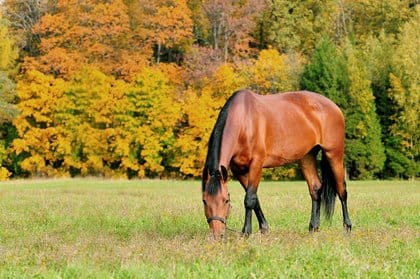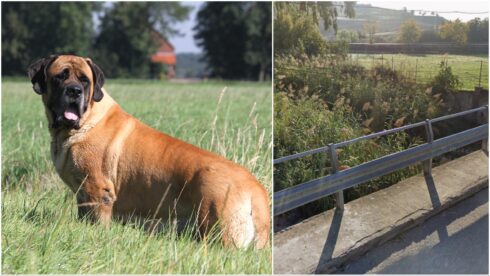 HORSEMEAT could become part of the Spanish national diet, according to a recent report.
HORSEMEAT could become part of the Spanish national diet, according to a recent report.
The study, conducted by Lackiter Research Group (Spain), Mountain Livestock Institute (Spain) and Guelph Food Research Centre (Canada) identified the possibility of the meat containing higher levels of omega-3 fatty acids, thanks to breeding conditions of the animals.
It analysed the nutritional and environmental benefits of the meat, claiming that it is an alternative protein source which produces low greenhouse gas emissions compared with beef.
DR Noelia Aldai, one of the authors of the report, said: “I don’t think we are far away from Spanish people accepting its consumption.”
“It is true that in many countries horse is considered as a pet and its consumption causes some kind of negative feelings. But in essence, what is the difference between eating a foal or calf?” She added.
The report stated that higher levels of omega-3 were found in samples of meat gathered in winter, possibly due to the mountainous location of the pastures they are raised on during summer and autumn.
They will conduct further feeding trials to find out how to increase omega-3 levels to ensure an even higher quality of meat.
Click here to read more News from The Olive Press.









“Lower gas emissions than beef”? Do grass-eating, cud-chewing horses fart less than cows?
It has always been an acceptable part of the Spanish diet in Asturias.
Considering the amount of stray cats and dogs in Spain a new line of Cat Burgers and hot dogs would be a novel approach
oh no. plenty of other meats to eat. leave the horses alone
Try ‘Rheinischer Sauerbraten’, a famous German diet from Rhineland (Cologne). This is horse roast meet, marinated in a sweet and sour sauce with raisins and dumplings.
Choke it down with Kölsch Rheinwasser!
We make a Belgian style burger made with Horse meat and it sells well to the Spanish.